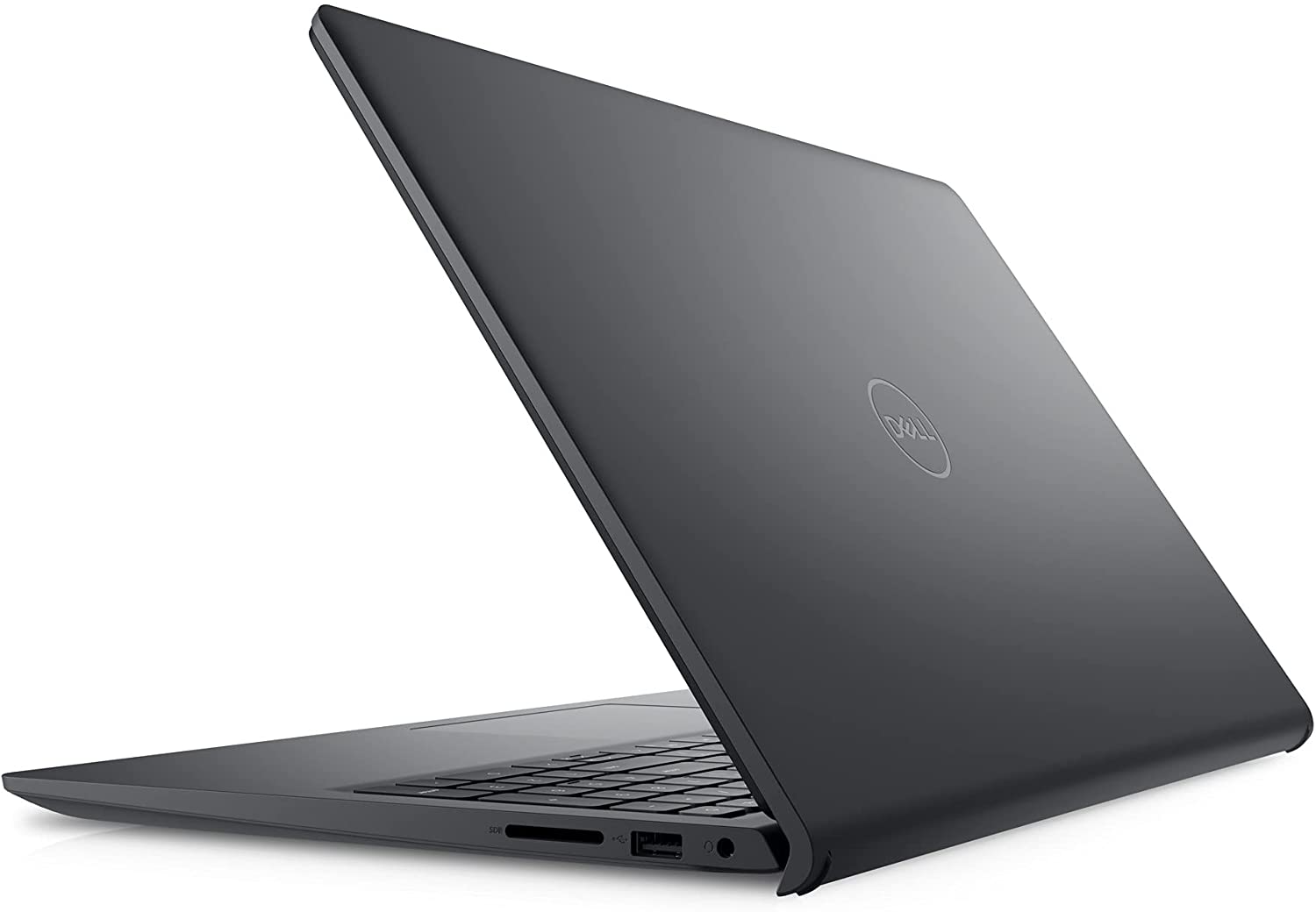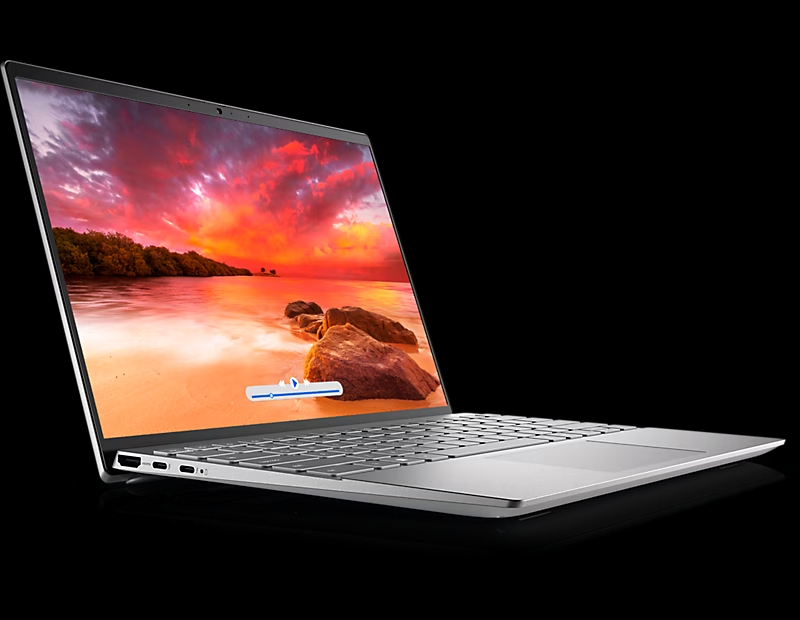When investing in a new laptop, consumers often consider longevity as a critical factor. Dell, being one of the leading laptop manufacturers, has a reputation for building durable and reliable computers. The lifespan of a Dell laptop can be influenced by various factors, including model specifications, usage patterns, and maintenance practices. This article aims to provide an in-depth analysis of how long do Dell laptops typically last, offering insights into the expected durability, tips for maintenance, and ways to maximize the usable life of these devices.
Understanding the Lifespan of a Dell Laptop
Average Lifespan Based on Model and Use
Dell’s vast array of laptops is designed to cater to different market segments, from budget-friendly Inspiron series to the premium XPS line and the ruggedized Latitude models built for business users. On average, a Dell laptop’s lifespan can range from three to five years for lower-end models and up to seven years or more for higher-end units. The specific usage—whether it’s light web browsing and document editing or more demanding tasks like gaming and video editing—also significantly impacts the laptop’s longevity.
Factors Affecting Durability
Several factors contribute to the overall durability of a Dell laptop. The quality of components, such as the processor, memory, and storage, plays a substantial role. Dell laptops that feature solid-state drives (SSDs) and higher-quality displays tend to have a longer lifespan than those with traditional hard disk drives (HDDs) and basic screens. Additionally, external factors such as physical handling, exposure to dust and heat, and software maintenance can all affect the longevity of the device.

Maintenance Tips to Prolong Your Dell Laptop’s Life
Regular Cleaning and Care
Proper cleaning of your Dell laptop can help maintain its performance and extend its lifespan. Regularly wiping the screen, keyboard, and exterior with appropriate cleaning solutions can prevent dust build-up and potential overheating. It’s also beneficial to occasionally clean out the vents and fans with compressed air to ensure adequate cooling, which is vital for the laptop’s internal components.
Software and Hardware Upkeep
Keeping your Dell laptop’s software up to date is crucial for its longevity. Regularly updating the operating system, drivers, and applications can provide performance improvements, security patches, and bug fixes that help your laptop run more efficiently. On the hardware side, consider upgrading components like RAM and storage if your model allows. Upgrades can breathe new life into an older laptop, extending its usefulness beyond the typical lifespan.

When to Repair or Replace Your Dell Laptop
Assessing Cost-Effectiveness of Repairs
As your Dell laptop ages, you may encounter the need for repairs. When deciding whether to repair or replace the device, consider the cost of repairs relative to the laptop’s age and the price of a new model offering similar features. If repairs amount to more than half the cost of a comparable new laptop or if the device is nearing the end of its average lifespan, it might be more economical to invest in a replacement.
Signs That Indicate the End of a Laptop’s Life
There are some telltale signs that your Dell laptop might be reaching the end of its useful life. Frequent crashes, slow performance that persists after troubleshooting, issues with battery life, or hardware failures that are not cost-effective to fix are all indicators that it might be time to consider a new laptop. Additionally, if your laptop no longer supports the latest software updates or doesn’t meet the system requirements for the applications you need, upgrading to a newer model would likely be beneficial.

Maximizing the Value of Your Dell Laptop Purchase
Choosing the Right Model for Future Needs
When purchasing a new Dell laptop, consider not only your current needs but also what you might require in the future. Opting for a model with slightly more processing power, memory, or storage than you currently think you need can provide some future-proofing, helping the laptop remain relevant and functional for a longer period.
Understanding Warranty and Support Options
Finally, take advantage of the warranty and support options offered by Dell. Extended warranties and accidental damage protection plans can provide peace of mind and protect your investment. Dell’s support services can also assist with troubleshooting and repairs, ensuring that minor issues are resolved before they become major problems that could shorten the lifespan of your laptop.

Leveraging Dell’s Technologies for Extended Usability
Embracing Dell’s Built-In Tools for System Optimization
Dell laptops are equipped with various built-in tools and utilities designed to monitor system health, manage battery usage, and optimize overall performance. Dell’s SupportAssist, for instance, automatically checks the health of your system’s hardware and software, making routine maintenance effortless. It can also provide alerts for driver updates and hardware issues, which, if addressed promptly, can prevent wear and tear that may shorten your laptop’s life. Using these tools regularly can ensure that your Dell laptop remains efficient and effective throughout its service life.
Adapting Usage Habits to Reduce Wear
A laptop’s longevity is also a reflection of how it is used on a daily basis. Simple adjustments to usage habits can significantly reduce wear and extend the life of your Dell laptop. For example, operating the laptop on a hard, flat surface as opposed to soft surfaces like beds or couches can improve ventilation and prevent overheating. Additionally, being mindful of battery charging practices—such as not leaving the laptop plugged in at all times and avoiding complete discharges—can help maintain battery health. By being aware of the environmental and operational factors that affect your laptop’s performance, you can take proactive steps to ensure its longevity.

The lifespan of a Dell laptop is a multifaceted issue, influenced by the model’s specifications, usage habits, and maintenance routines. On average, consumers can expect their Dell laptops to last between three to seven years, with the potential for an even longer lifespan with proper care and occasional upgrades. By understanding the factors that affect durability, taking proactive steps to maintain the device, and making informed decisions when faced with repairs, users can maximize the value of their Dell laptop investment. Whether for personal, educational, or professional use, a well-maintained Dell laptop can be a reliable companion for years to come.